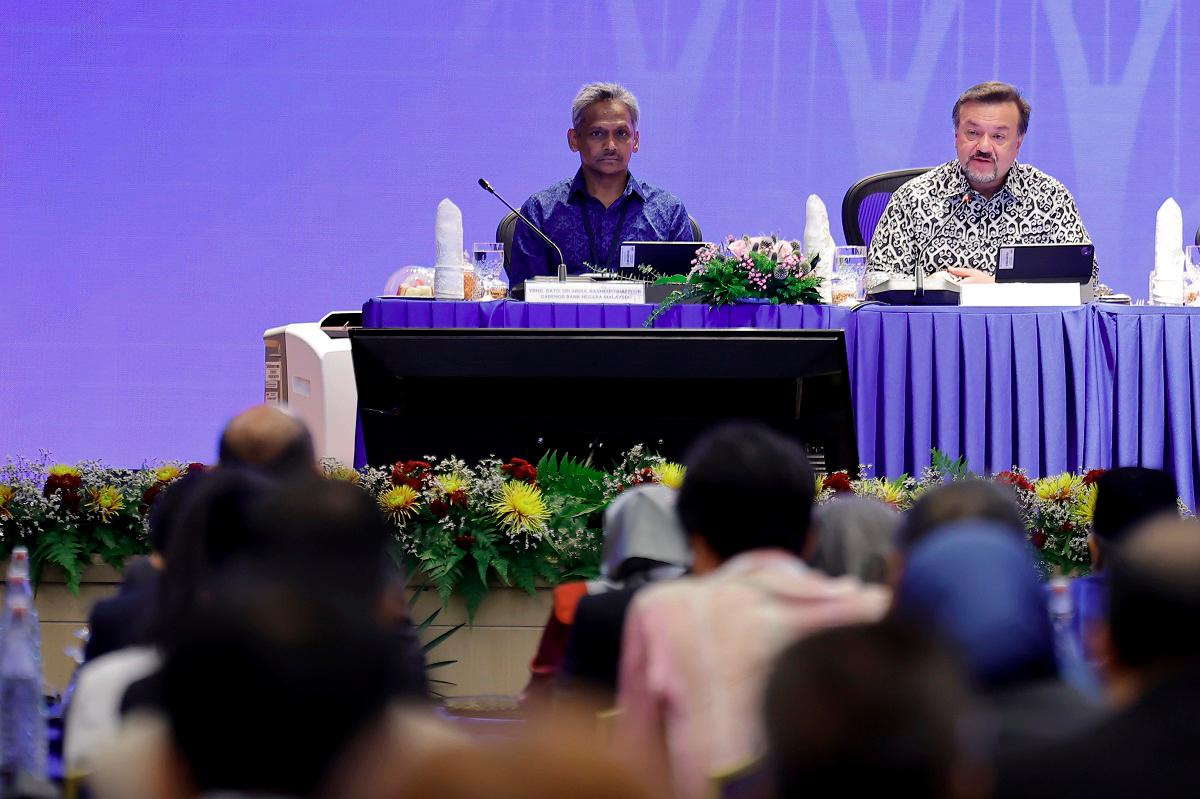PUTRAJAYA: The government’s upcoming 2026 Budget will focus on safeguarding public welfare while addressing structural economic challenges, said Finance Minister II Datuk Seri Amir Hamzah Azizan.
Speaking at the opening of the Budget 2026 consultation sessions here today, Amir Hamzah said the government remains committed to implementing reforms that are necessary, even if they are not always popular.
“Fixing a broken economic structure is not easy. Some policies may be unpopular, but they are needed to bring long-term benefits to the rakyat,” he said.
He emphasised that raising household incomes and reducing the cost of living will remain top priorities under the upcoming budget.
The government, he added, is also committed to enhancing public service delivery, particularly in education and healthcare.
Driving value-creation-led growth through digitalisation and artificial intelligence (AI) is also a priority.
Amir stressed that any fiscal reforms, including subsidy rationalisation, would not compromise the wellbeing of the people.
He cited the restructuring of targeted electricity and diesel subsidies as examples.
“The targeted electricity subsidy rationalisation in 2023, along with the July tariff adjustment, did not burden most Malaysians. In fact, 85% of users saw a decrease in their bills this month.
“Diesel subsidies are still provided to key sectors like public transport, fisheries, and logistics. Farmers and eligible gig workers also receive RM200 in monthly cash assistance.”
Despite external and internal pressures, Malaysia’s economy remains resilient.
“GDP grew by 4.4% in the first quarter of 2025, and early reports indicate it may reach 4.5% in the second quarter,” he said.
“The ringgit has also performed well, ranking among Asia’s best-performing currencies.”
He acknowledged persistent fiscal challenges, including a national debt exceeding RM1 trillion and a narrow tax base.
However, he said the government’s long-term fiscal strategy is guided by the Madani Economic Framework and the Fiscal Responsibility Act.
Over 300 participants from the public and private sectors — including economists, NGOs, and international organisations — attended today’s session. Their feedback will help shape what Amir described as a “people’s budget.”
“The question now is how we mature our business and fiscal management. That’s why your ideas and input today are critical,” he said.
“We must shape the country’s future together by contributing bold, practical ideas that can bring real impact.”
Amir also encouraged the public to submit their views through the Finance Ministry’s online portal for 2026 Budget proposals.
The 2026 Budget is expected to be tabled in October.









